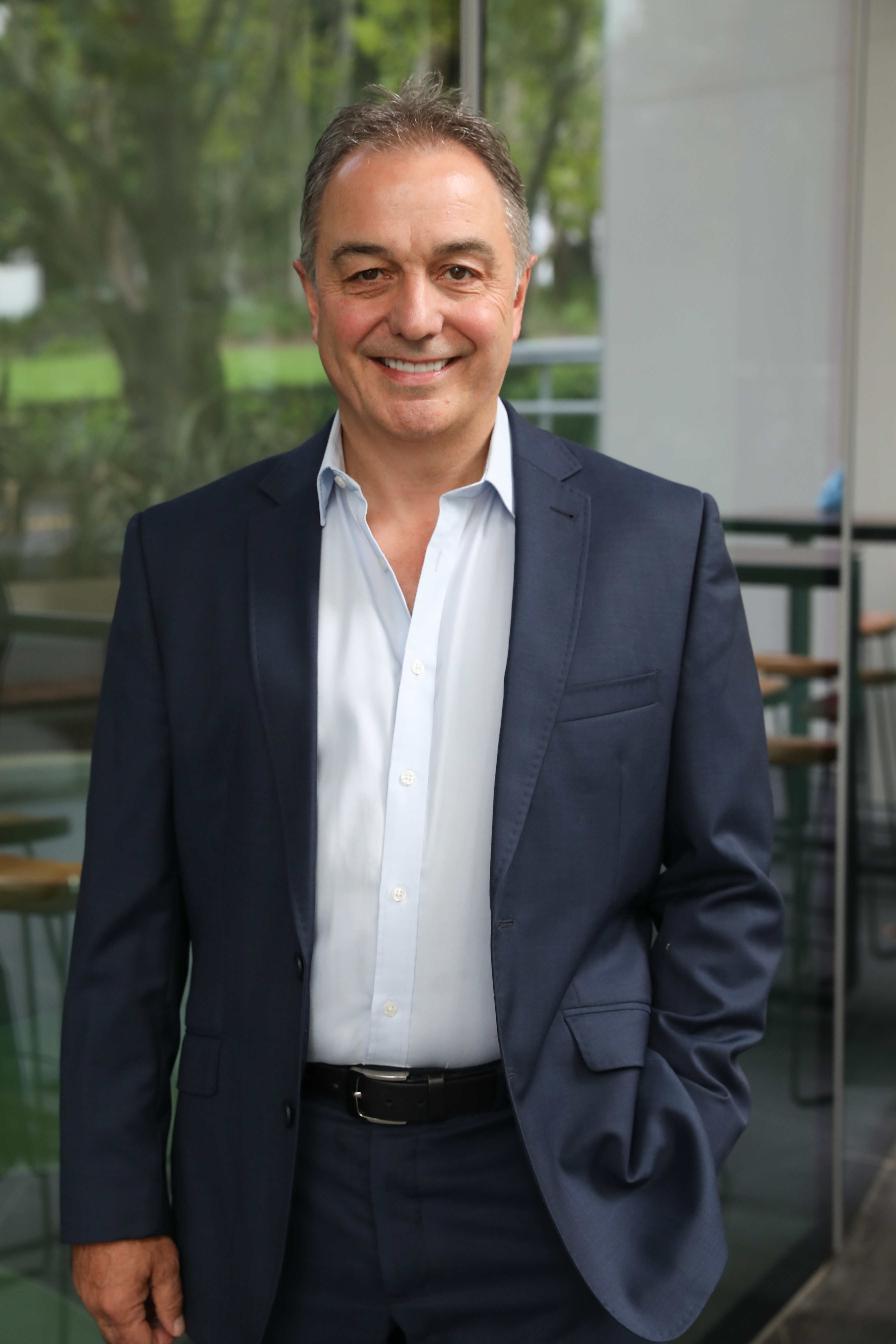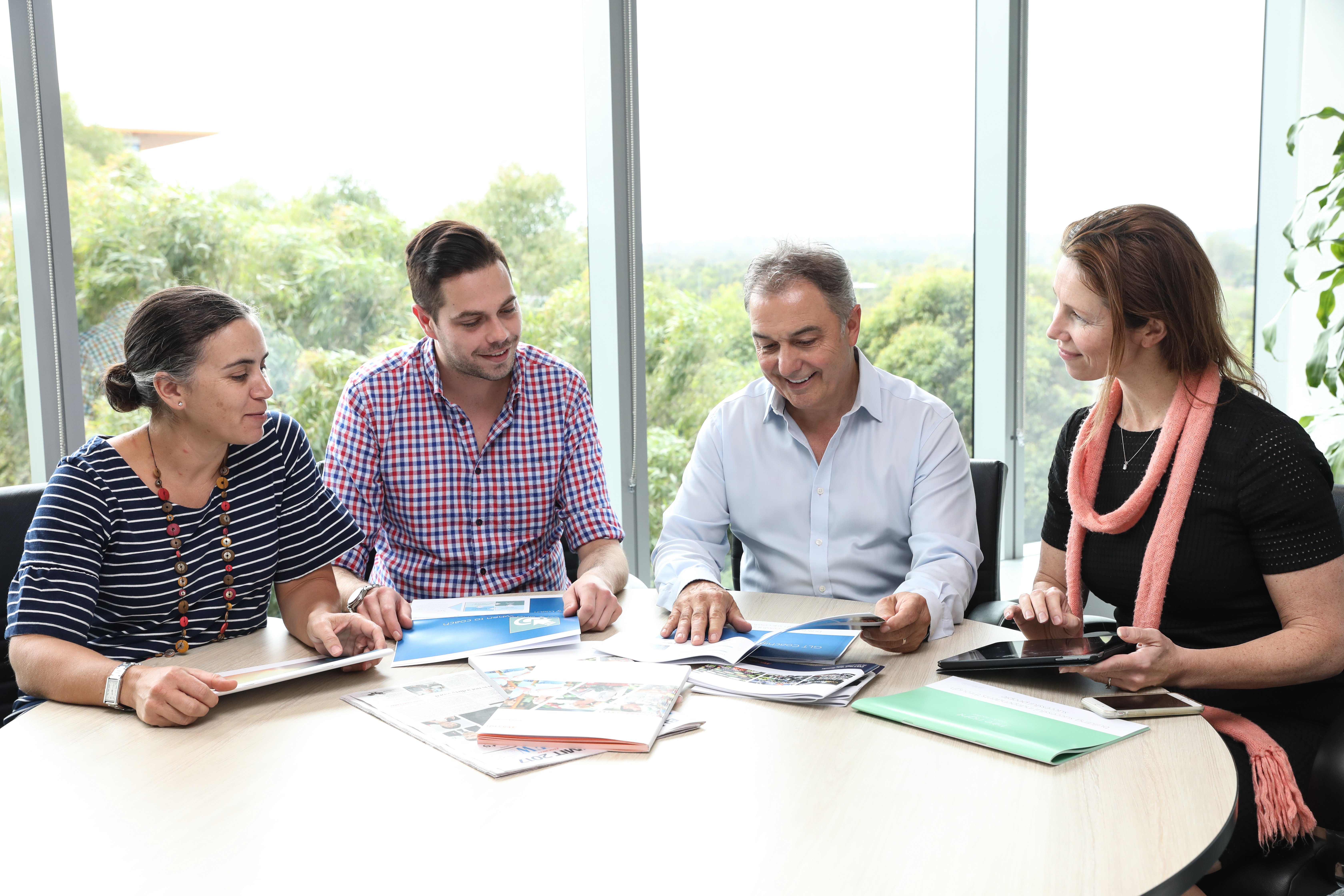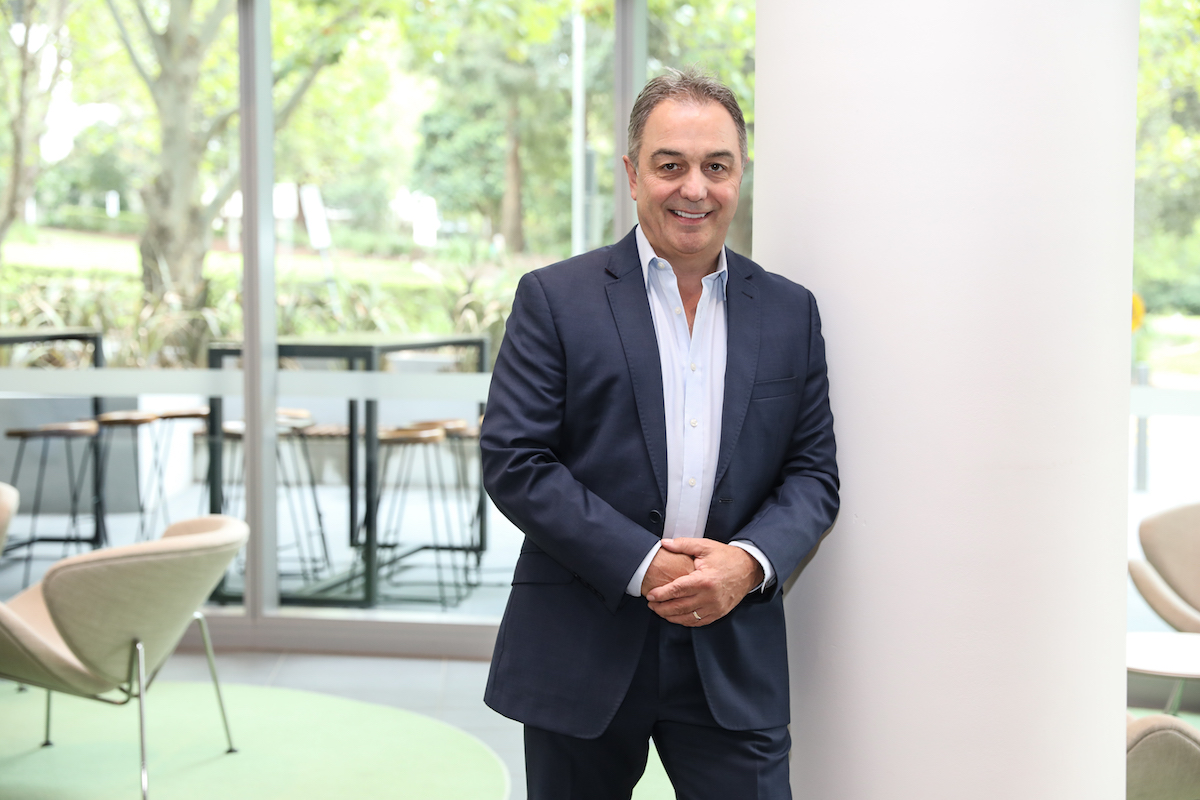It’s the lesser known corporate entity for household names across the food and grocery, hardware and liquor sectors. But although it might fly under the radar, the role it plays in the Australian retail marketplace is critical. Metcash is the country’s largest wholesaler and distributor, supplying and supporting more than 10,000 independent retailers across its 3 businesses.
Its brands include IGA, Foodland, Friendly Grocer and Campbell’s in the food, grocery and convenience space; Mitre 10, Home Timber and Hardware, True Value and Thrifty Link in hardware; and IGA Liquor, Cellarbrations, Thirsty Camel and The Bottle-O in liquor.
Metcash’s focus is to support the success of these independent businesses, providing them with all the tools they need to become the ‘best store in town’. This includes efficient and timely distribution of products as well as merchandising, operational and marketing support. Ian Morrice oversees the company’s operations as Group CEO.
Hailing from Scotland’s Aberdeen, he has lived in the UK and New Zealand, and now calls Sydney, Australia, home. He moved his family to New Zealand in 2005 to take up the post of Group CEO and managing director with The Warehouse Ltd, before jumping across the Tasman and joining the Metcash Board in 2012. He was appointed Group CEO in July 2013.
The face of independent retail

Ian explains that Metcash is the name behind the strong retail brands representing independent retailers, giving them a chance to compete. “We are the face of independent retail in Australia,” he states.
“It is absolutely vital to Australia that there is a sustainable, independent, family-owned business sector, and that is at the core of everything we do. The biggest difference we can make is to continue to ensure that family businesses can thrive across all of the markets that we serve in the country.”
He uses the ‘three-legged stool’ metaphor to describe the Metcash business model. “There is a very strong interdependency between Metcash as the wholesaler and our retailers and our suppliers.
We provide independent retailers with a competitive and efficient scale of operation for getting supply of all the major products that we sell, and on the other hand we make it more efficient for suppliers — whether national or local — to reach what would otherwise be a very diverse and disparate network of retail and independent channels,” he says.
“Ultimately, our focus is on providing merchandising, operational and marketing support through our network of strong retail brands, as well as efficient distribution via diverse solutions, to enable the success and growth of independent retailers across the country.”
Building buying power
The company has come a long way from its origins as a standalone corner store in the inner Sydney suburb of Woolloomooloo in 1924. In figures released by Roy Morgan Research towards the end of 2016, 1 of Metcash’s brands — the supermarket IGA — has a 9.8% share of Australia’s $89.8-billion supermarket industry, placing it fourth overall.

The liquor arm is displaying even stronger results. “Here we are number 2, where half our distribution is to retail stores that fall within our banner groups Cellarbrations, IGA Liquor and The Bottle-O, and half to contract and wholesale customers including many licensed premises around Australia,” he says. The business continued to extend its footprint in 2016–17 when it added a number of new brands to the group including Thirsty Camel and Porters in New South Wales.
The 2012 acquisition of Mitre 10 and True Value Hardware signalled Metcash’s foray into the hardware pillar. Last year, Metcash added to its portfolio when it purchased Home Timber and Hardware from the Woolworths Group for a reported $165 million.
“We have now taken the 2 biggest independent networks in Australia and we are in the process of putting them together in a business that is now twice the size.” The newly created Independent Hardware Group provides a more competitive wholesale buying group for the benefit of independent hardware and home improvement retailers, particularly against the dominant player.
Ian admits the past 5 years have been a steep — yet successful — learning curve and a time of immense change and turmoil in the hardware sector. He draws attention to the impact that the dominant players have had on small, independent hardware stores.
“A lot of independents have gone to the wall as big stores have been dropped into their small towns overnight. So it’s really important to bring more independents into the same banner group so they can share in the efficiencies and we can build the buying power to make them more competitive,” he says.
Consumer in mind
Under Ian’s leadership, Metcash has a clear strategy, one it has shared widely with both its retailers and suppliers. “The customer is the central player in all our plans. Everything that we put in place in terms of our strategies to grow the business is based on where the shopper is going — and this has shifted,” he explains.
“So the first part of our vision is that every independent, whether they are a supermarket, a liquor retailer or a hardware store, should aspire to be the best store in every town. They need not be the biggest floor space in town, and they may not necessarily have the widest range, but they must be tailored to that local community, be celebrated for the individuality that they have, and genuinely loved by the locals.
Our vision is that every independent … should aspire to be the best store in town … and be genuinely loved by the local community.
“The key is to help retailers discover or build on the differentiation that they have in order to achieve this,” he continues. Its retailers have donated more than $2 million to Australian communities over the past year. These donations directly impact the local areas in which retailers operate, from supporting local schools or charities to local fire services.
The key is to adapt this purpose to each of the three markets. “Each has been going through its very own set of different industry dynamics,” he said. “Obviously, in the food and grocery sector we are still in a highly competitive period.”

2 initiatives have been introduced with the consumer in mind. “Our Price Match Program ensures that our pricing remains competitive with the chains for both branded and private label products, while Project Diamond is a big refurbishment program across the IGA banner to improve the shopping experience, with an increased emphasis placed on the amount of prime floor space given to fresh produce and ready-made meals,” he says.
More than 150 refurbishments have been completed to date, and most participating stores have witnessed a significant increase in sales as a result.
The right offer
A similar initiative, called Project Sapphire, is being introduced across its Mitre 10 and Home Timber and Hardware stores. “What I find particularly encouraging, if you look at the long-term prospects for sustainable, successful independents, is that every multi-site owner — by that I mean owners of 6 stores or more — in our food and grocery network is today investing in their stores, whether through refurbishment or even through new openings,” he enthuses. “That wasn’t happening a few years ago.”
Ian has discerned that the Australian shopper displays certain bankable characteristics. “Australians are fundamentally loyal to supporting local and small businesses,” he shares.
Australians are fundamentally loyal to supporting local and small businesses. But they are also some of the most promotionally oriented consumers in the world. So we have to be competitive and we have to have the right offer.
“But they are also some of the most promotionally oriented consumers in the world. So we have to be competitive and we have to have the right offer. “We’ve had to put quite a focus on proving to consumers that they can come into their local independent and have the right price as well as access to products that other stores don’t stock,” he says.
Metcash employs more than 6,500 people, united by a common passion: to drive a successful independent business sector. “As a leadership team, we are absolutely focused on our ultimate purpose, which is supporting successful independents.
“For us, to be successful, independent retailers need to be successful. For that to happen, they need a successful wholesaler behind them.”

